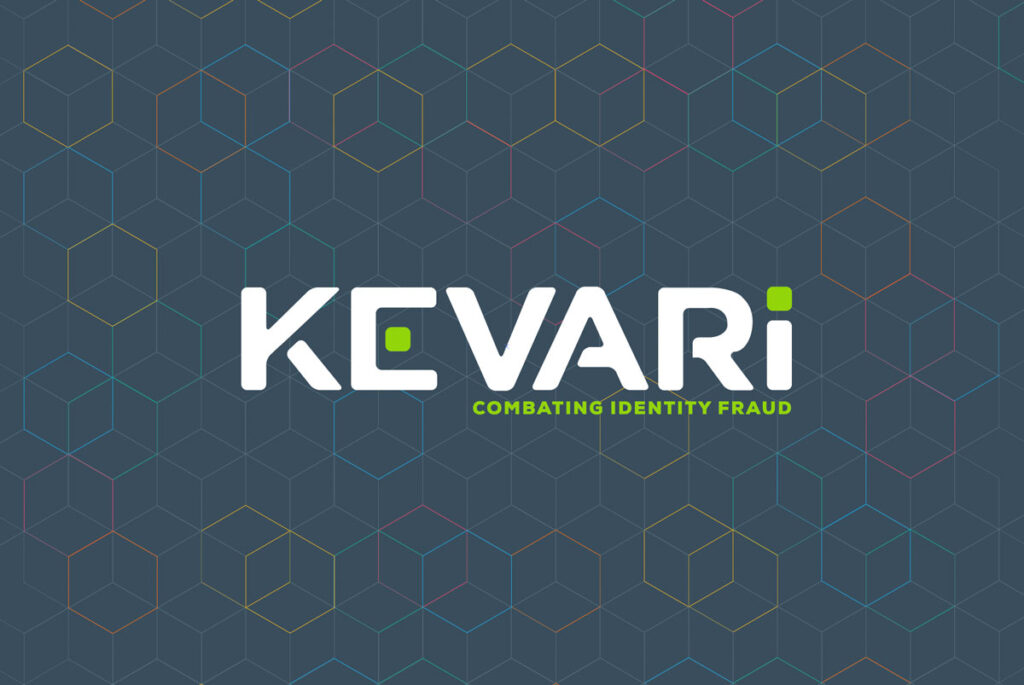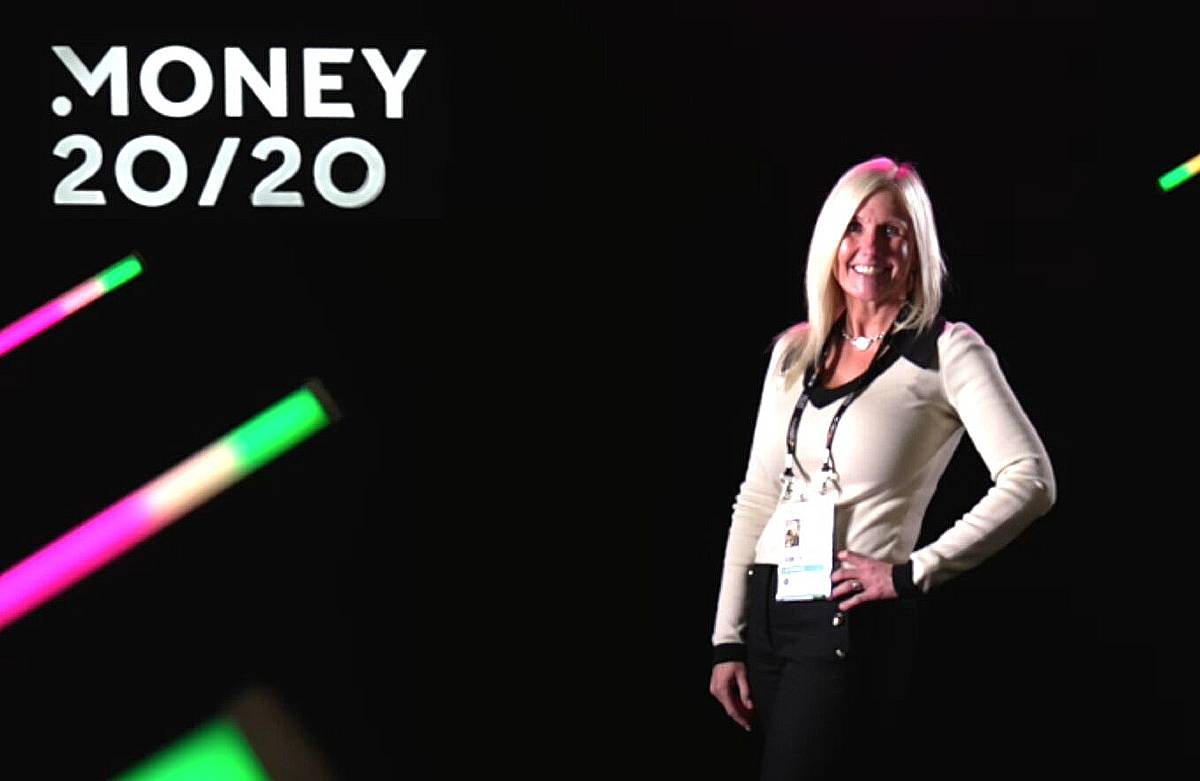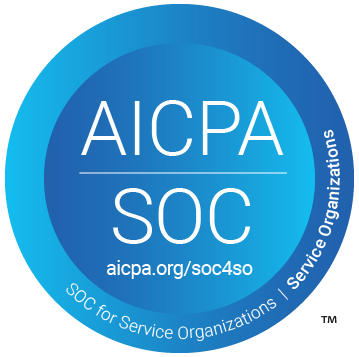New network applies technology to facilitate unprecedented and automatic collaboration between investigators across the country to keep fraud out of the banking system
MINNEAPOLIS, Jan. 5, 2021 /PRNewswire/ — Organized fraud rings are growing more sophisticated, sharing technology, data and insights designed to defraud financial institutions. And now – on the heels of FinCEN encouraging banks and credit unions to share information about financial crimes – a nationwide network of fraud investigators is working together to stop organized fraud for the first time.
Kevari, a Minneapolis-based national leader in developing solutions to prevent account takeover and new-account fraud, announced today that it is applying its award-winning fraud-mitigation technology to launch the Fraud Investigation Network (SM), creating the unprecedented level of industry collaboration needed to detect and shut down fraud rings and schemes that target financial institutions.
The Fraud Investigation Network expands upon the Kevari Fraud Intelligence Platform utilized by thousands of financial institutions across the country. For more than 15 years, banks and credit unions have improved their fraud detection by leveraging Kevari solutions with a built-in velocity network that captures the repeated submission of identity attributes across participating institutions nationwide.
With this new level of collaboration, fraud investigators nationwide will now easily and automatically benefit from the investigative efforts and insights of their industry peers as they fight together to stop sophisticated fraud rings and schemes related to account takeover and new-account fraud. For the first time, available investigation insights around suspicious behavior from other institutions in the network are automatically shared in real-time as alerts and messages to the entire network, bringing added authority to every inquiry result.
The launch of the Fraud Investigation Network comes just days after FinCEN, the Financial Crimes Enforcement Network at the United States Department of the Treasury, released clarifying information that encourages banks to share information about financial crimes. At the annual American Bankers Association/American Bar Association Financial Crimes Enforcement Conference in mid-December, FinCEN Director Kenneth A. Blanco announced that a provision of the USA Patriot Act allows banks to share more financial crime data among themselves.
According to Kevari Co-Founder and President Adam Elliott, because completed investigations can be marked in one of two ways, either “fraud” or “not fraud,” it is possible to convert investigation results into a simple, binary variable – a 1 or a 0. “Each 1 or 0 packs an incredible predictive punch,” Elliott says. “Because our fraud intelligence platform already captures and codifies how investigations are ultimately resolved, all participating banks will benefit when these warning signals are provided back to other investigators in the network.”
Fraud investigators are critical to the ecosystem of fraud prevention and detection, working on the front lines to save banking systems millions of dollars each year. “The Fraud Investigation Network utilizes and amplifies their expertise for the entire network in the most efficient way possible. The outcome – for both financial institutions and the entire industry – is truly greater than the sum of its parts,” Elliott says. With the launch of the Fraud Investigation Network, financial institutions will improve the fraud catch rate, reduce fraud losses, reduce customer friction through fewer false-positive results, and improve the fraud investigators’ efficiency by pinpointing where they should focus their investigations.
Kevari’s analysis identified multiple benefits for network users to defend against both new-account fraud and account takeover. One example: Through the use of this network, one major banking system would have found 4,000 additional fraudulent account opening cases representing over $600,000 in fraud savings over the course of one month. Because of the real-time alerts, financial institutions using the network will be able to act more quickly to prevent new-account fraud loss. Investigators are informed of likely fraud that happened up to several months before an inquiry, and ongoing monitoring alerts them to fraud found by peers up to several weeks afterward.
It is important to note that no immediate adverse action is taken based solely on what investigators have shared as part of the Fraud Investigation Network. Although investigators will use the data to focus their investigations, they will still conduct full due diligence, reviewing all aspects of the case before determining whether it is “fraud” or “not fraud.” Kevari’s fraud screening solutions come after, and are distinct from, the various consumer reporting/decisioning solutions governed by the Fair Credit Reporting Act (FCRA).
“Account takeover fraud continues to be a challenge, and more information sharing across departments as well as across institutions is necessary to thwart fraud across the board,” says Tracy Kitten, Director of Fraud & Cybersecurity at Javelin Strategy & Research. “Receiving information about emerging fraud schemes in real-time can only stand to benefit fraud and cyber teams.”
Financial institutions can benefit from the new Fraud Investigation Network through our distribution partners or directly through Kevari. To learn more, visit kevari.com.





